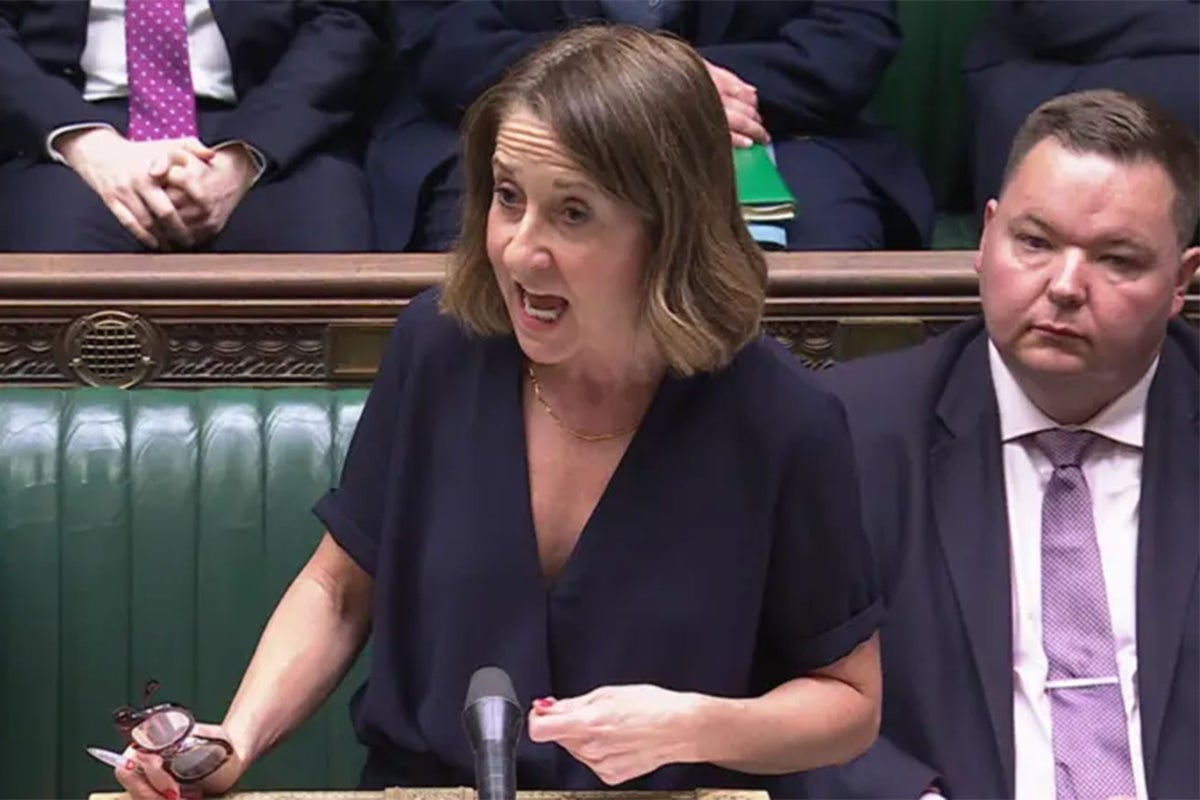Sir Keir Starmer’s welfare bill has managed to scrape past its second reading as he fended off what is believed to be the most significant rebellion since he became prime minister a year ago.
The bill passed its second reading by 335 ayes to 260 noes, a majority of 75, with 49 Labour MPs voting against the welfare cuts which have caused controversy.
Disability minister Sir Stephen Timms announced a last-ditch concession that plans to restrict eligibility for personal independence payments (PIP) – which had been the central pillar of the government’s reforms – would not take place until after a review of the benefit had concluded.
The government had initially planned to change the eligibility criteria for disability benefits for all new claimants from November 2026 but now the new system will not come into force until the review has concluded.
It comes just days after the government watered down the legislation for the first time on Thursday, excluding all existing claimants from changes to PIP in a chaotic U-turn.
Sir Keir’s welfare bill has continuously caused controversy as a growing rebel camp, led at the time by Dame Meg Hillier, putting forward an initial amendment which forced the government to U-turn from its initial plans. While she voted to back the legislation, almost 50 Labour MPs expressed their discontent with the bill still.
One key voice in the ‘noes’ was MP Ms Maria Tidball, born with a congenital disability affecting all four limbs, who broke down in tears as she delivered an impassioned speech criticising the welfare cuts.
Another key rebel, Rachel Maskell, said disabled people will have been worried watching the debate.
The MP for York Central said: “I’m obviously really sad that the Bill went through but I think my greatest sadness is that disabled people will have been looking on and seeing Parliament debating their futures, and I think they’ll be incredibly distressed when they see the way that Parliament was today.
“That’s the thing that tugs at me, because I think ultimately we’ve got huge responsibility to disabled people and they weren’t served well by the department today.”
Sir Stephen Timms later said, in response to concerns over a two tier system, that it was “completely normal in social security.”
“PIP replaced DLA (disability living allowance) in 2013 but half a million adults are still on DLA today. That doesn’t cause problems. Parallel running is normal, and actually it’s often the fairest way to make a major change.”
Work and pensions secretary Liz Kendall said welfare reform was particularly “difficult” for Labour because the party cared “passionately” about the subject.
Asked what the main lessons were from the backbench rebellion over proposed cuts, she told broadcasters: “Welfare reform is always really difficult, perhaps especially for Labour governments.
“It’s something we care passionately about.”

